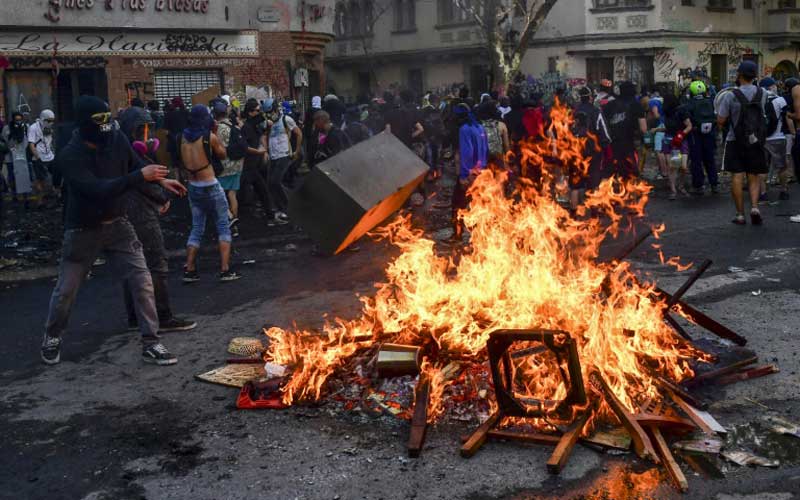×
The Standard e-Paper
Stay Informed, Even Offline

Chile announced Friday it will stage a referendum to replace the country's dictatorship-era constitution -- a key demand of protesters after nearly a month of sometimes violent civil unrest.
The current charter, in force since 1980 and enacted by the former military junta of Augusto Pinochet, has been changed numerous times in the years since.